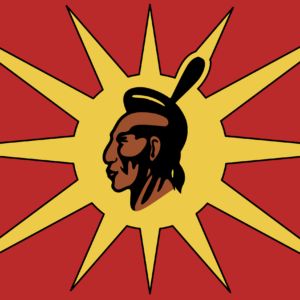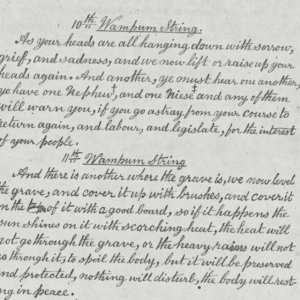
In response to the Paris terror attacks that left 129 people dead, there are some who feel that immigration and more specifically, Islam is to blame. Despite the fact that Christianity as a religion has killed exponentially more people, this catastrophe exposes personal fears and biases.
Outraged Parisians took to the streets and angry mobs began targeting refugee camps. Two days ago a mosque was burnt in Peterborough, Ontario. Police say this arson was a hate crime. A hateful backlash is now spreading across the world.
There was another smaller backlash of hate in 2006 when the Six Nations people reclaimed land that was rightfully theirs at a place called Douglas Creek or Kanonhstaton. Although it was a completely different situation, the knee-jerk response by the privileged majority was quite the same.
Pre-existing prejudices were exposed after 2006 throughout Canadian coffee shops and internet message boards. Ignorant rhetoric was thrown around in conversation as if it was pure accepted fact and absolute truth.
- A) “The natives get everything for free, they are a ‘HUGE’ tax burden.”
- B) “These Indians need to get over it, they were defeated in ‘THE WAR’ a long time ago.”
- C) “Our aboriginals need to respect the rule of law.”
- D) “Treaties are outdated and don’t apply anymore.”
And on and on the hate and ignorance flowed. Some Canadians kept repeating this kind of garbage to themselves. Nothing could stem the tide of lies and the Canadian government just let a number of their citizens believe in vain. It’s almost as if certain government officials endorse some of these fantasies.
This is why point 62 of the Truth and Reconciliation Commission’s Call to Action demands education as a key factor in Canadian to indigenous healing. And they didn’t mean that native people need to get their college degrees either — Canadians need to learn some basic history.
Point 62 specifically says, “We call upon the federal, provincial, and territorial governments, in consultation and collaboration with Survivors, Aboriginal peoples, and educators, to: i. Make age-appropriate curriculum on residential schools, Treaties, and Aboriginal peoples’ historical and contemporary contributions to Canada a mandatory education requirement for Kindergarten to Grade Twelve students.”
Once this is implemented Canada-wide, the kind of broad-sweeping (and outright false) statements made by some Canadians during the Kanonhstaton reclamation will hopefully be seen for what it truly is — racism.
Canadians can then learn for themselves that:
- a) We don’t get everything for free, native people pay millions of tax dollars every year. Although we are supposed to get free healthcare, free education, and hunting and fishing rights due to treaty obligations, only the bare minimums are covered and we pay for the costs of living like everyone else.
- b) There was no major war that was lost by indigenous people, especially on the east coast. The only time the Haudenosaunee lost a war to European people was possibly in 1959 when the RCMP came into the reserve, or some could argue the Oka confrontation – but then again these weren’t really “wars”. And when people are still grieving you don’t tell them to “get over it.” You wouldn’t say that to someone who lost a relative in the 9/11 attacks, or in another tragedy.
- c) Considering what happened here in our homeland we are a very peaceable group. We obey the laws of our visitors even though they do not respect our pre-existing law that has endured in our lands for thousands and thousands of years.
- d) International laws such as treaties have no expiry date, if they did then the Doctrine of Discovery shouldn’t apply either.
So before we judge all Muslims and refugees because of the Paris shootings, we should consider doing some respectful research into the matter. As the news coverage of Kanonhstaton showed, the mainstream media does not provide all the facts. In 2015 we have enough information at our finger tips to start making informed opinions ourselves.






